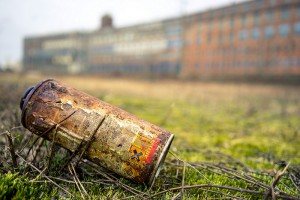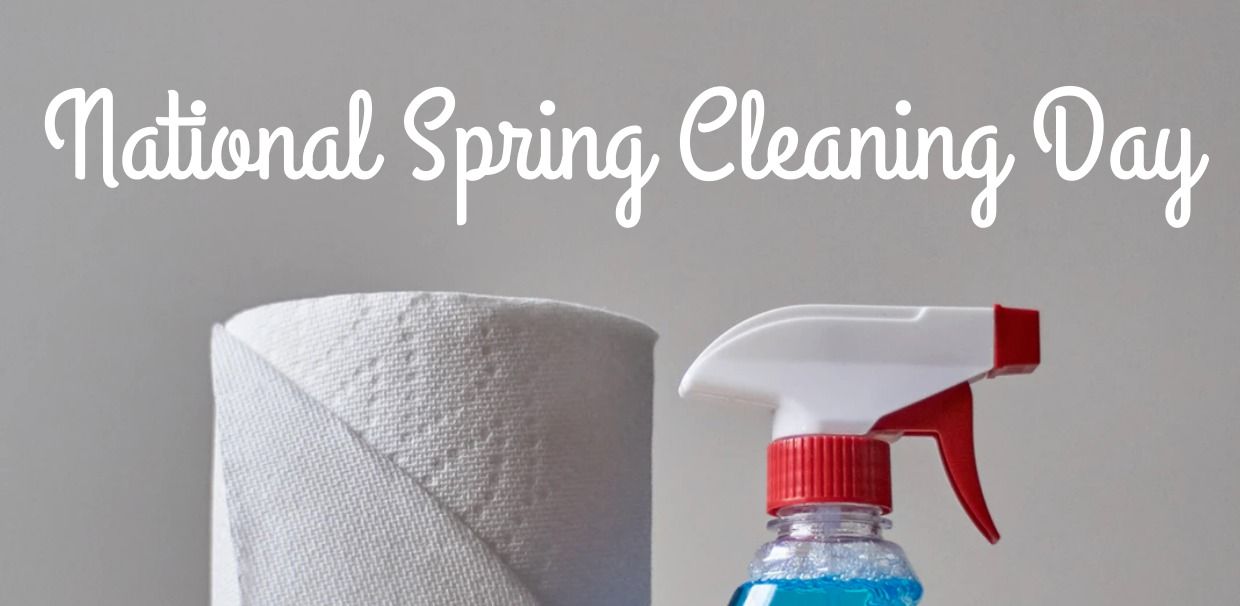Frog Hauling | February 9, 2016
 Whether it’s hair spray, air freshener, Cheez-Wiz, or silly spray, chances are you have plenty of aerosol cans lying around your home. Most homeowners don’t think twice before throwing these right into the garbage can when they are empty. Did you know, however, that there are precautions you should take before simply throwing away an aerosol can?
Whether it’s hair spray, air freshener, Cheez-Wiz, or silly spray, chances are you have plenty of aerosol cans lying around your home. Most homeowners don’t think twice before throwing these right into the garbage can when they are empty. Did you know, however, that there are precautions you should take before simply throwing away an aerosol can?
- Be sure the can is totally empty. If that means you have to eat a few more crackers with Cheez-Wiz on top, then so be it. Empty cans are much easier to dispose of than those that are not. Empty cans can either be recycled (and some centers will even pay for your aluminum or steel cans) or tossed in the trash.
- Partially empty or full cans are a different story. First, try to use the product to empty the can. If you cannot stomach the smell of the air freshener anymore or if the hair spray just isn’t keeping your hair as full as you’d like, consider donating the product. A local art school, for example, may want your spray paint.
- A spray paint can is easily emptied by taking it outside, spreading some newspaper on the grass, and spraying away until you no longer hear a hissing sound. If the can contains hazardous materials like paint or oil and you cannot empty and/or donate it, try your city’s hazardous waste collection site. Although there may be a small fee for disposal here, you can rest easy knowing you did your part to keep the environment (and others) safe.
- DO NOT puncture an aerosol can. This also means do not remove the nozzle before you throw it away. You could hurt yourself or someone else. Trust us on this one. Don’t do it.
- Aerosol cans are packed under pressure and can cause explosions if exposed to heat. That is why it is so important to fully empty the cans before tossing in the recycling or garbage. You don’t want to be “that guy” that injures a landfill worker because you didn’t take a few seconds to empty the can before you threw it away. Be considerate!
- The only aerosols that should be recycled are those that contained non-hazardous materials such as health products, food products, laundry products, and asthma medications. Those that contained insecticides, spray paint, lubricants, or other hazardous materials should not be recycled.


